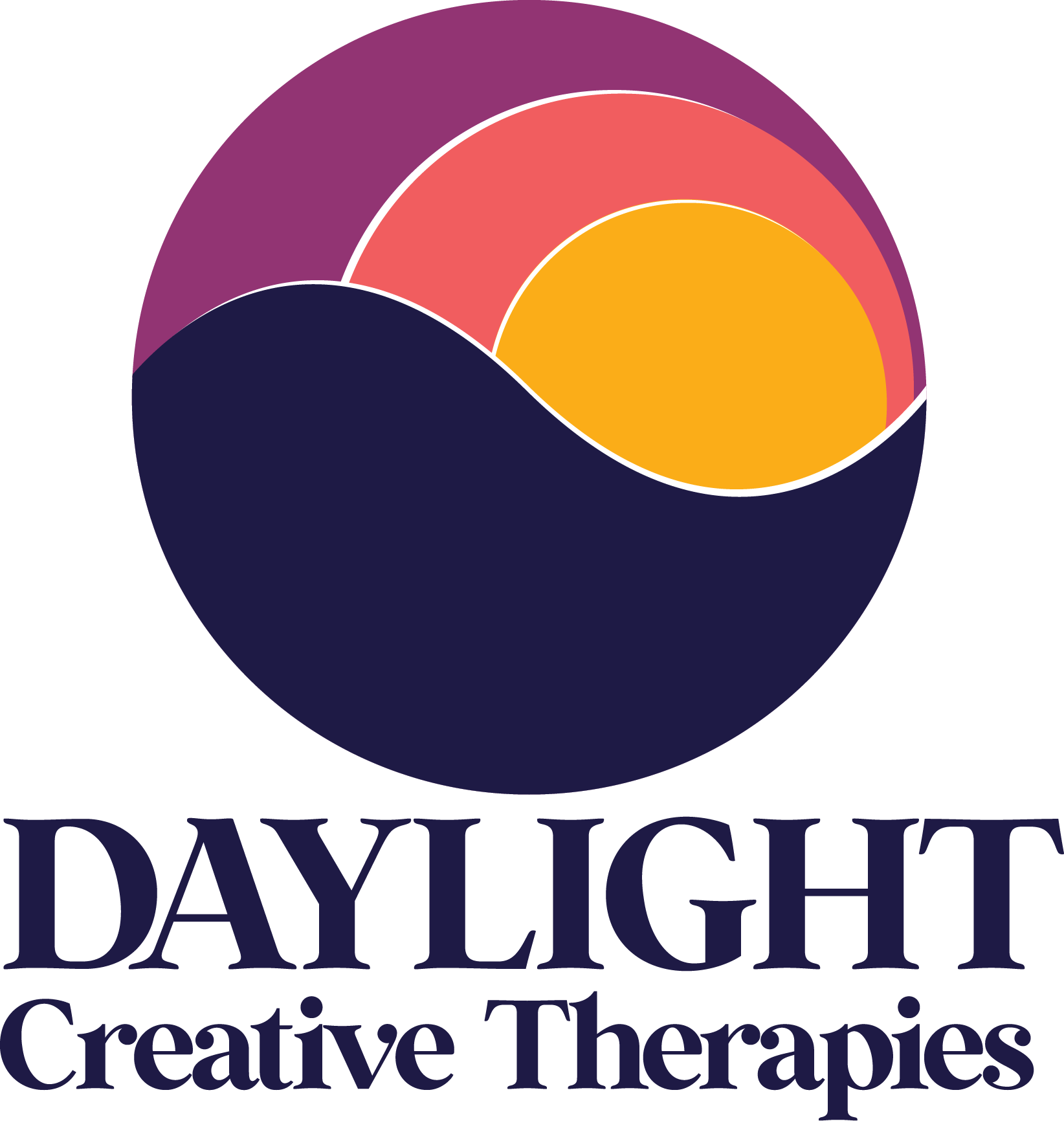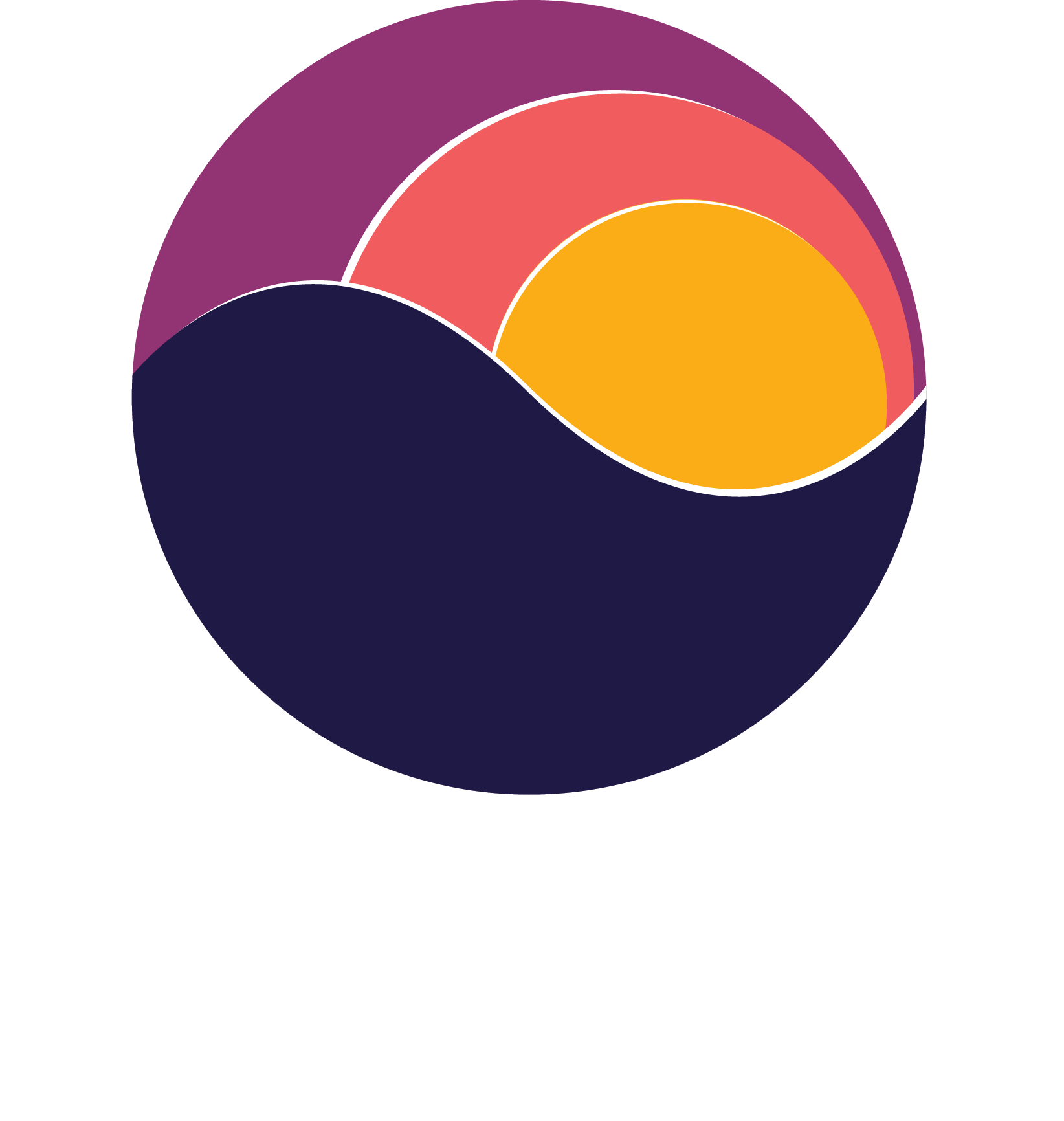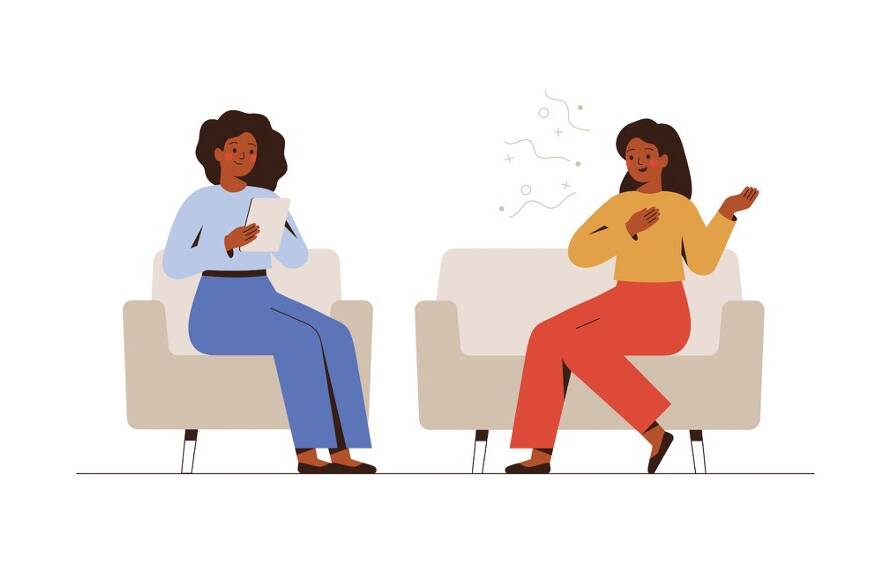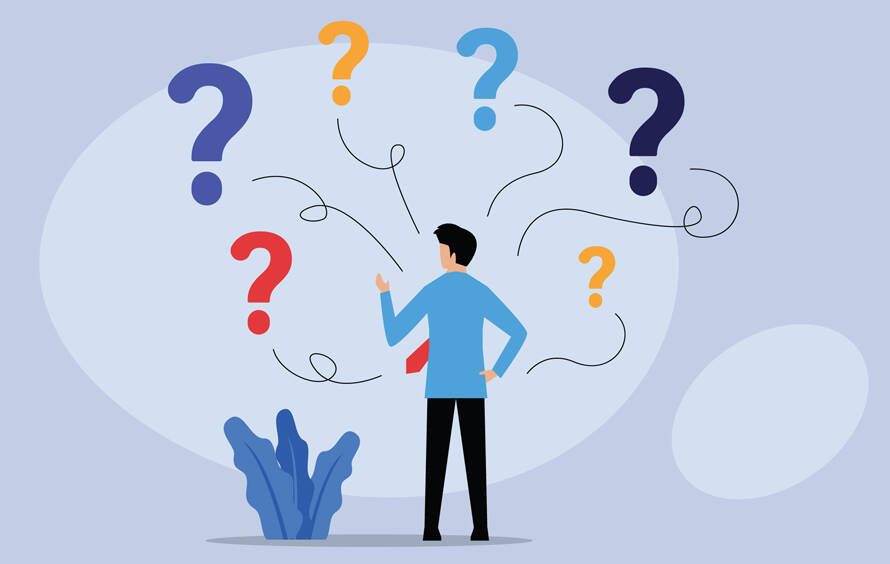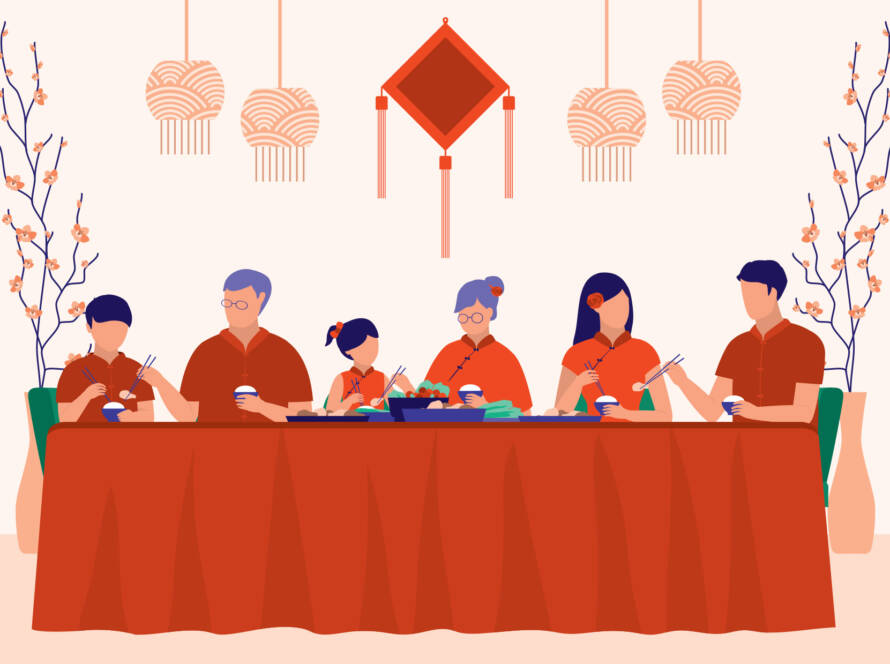Hello dear reader, we’re glad you could pop by!
This month, we’ll be carrying on from our previous post about art therapy and discussing the various forms of practice available. As more and more people are beginning to recognize the benefits of art and art making in supporting mental well-being, we’re seeing a large influx of practitioners across many different approaches. This can often be confusing for service users as providers tend to use similar messages of the benefits of using art to reduce stress and improve mental health.
It’s important for service users to understand the differences between art therapy, expressive arts therapy, and creative arts therapies provided by professionals with varying levels of training. Here’s a brief overview to help clarify these roles:
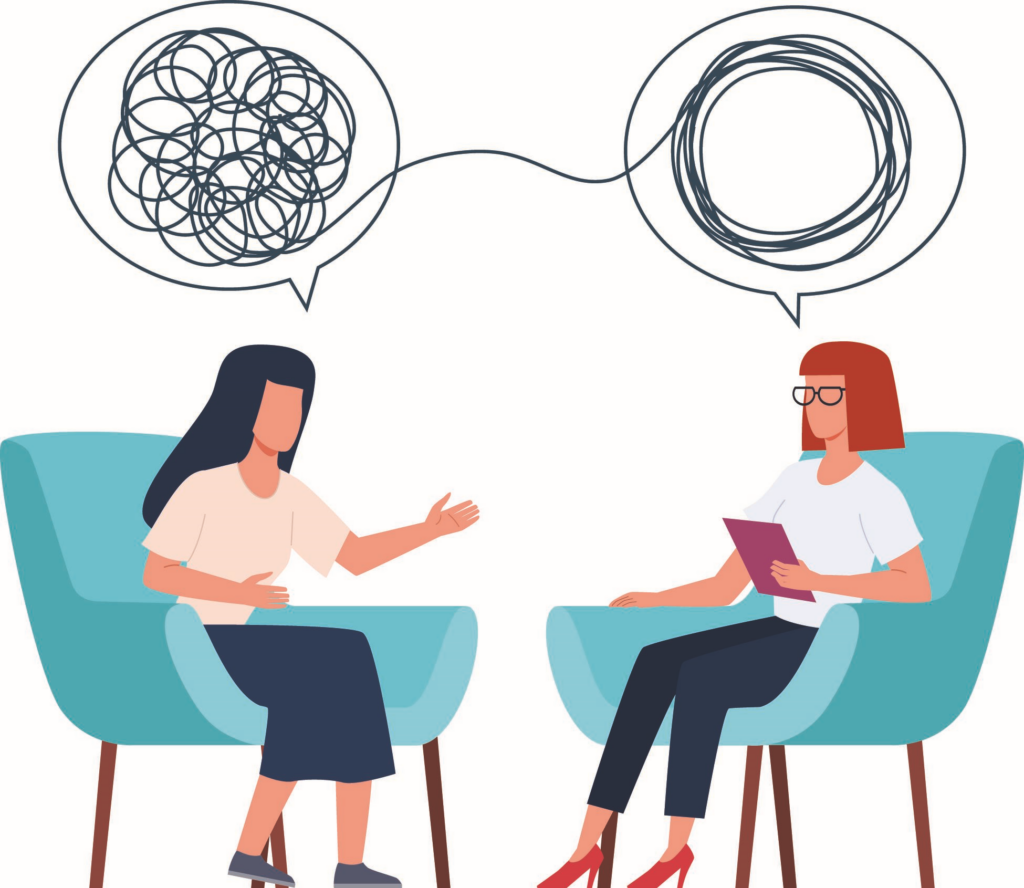
- Art Therapy (MA level):
- Practitioners hold a Master’s degree in Art Therapy or a related field.
- They have completed supervised clinical hours and passed a state or national exam to become licensed or registered.
- Art therapists focus on using visual art within a therapeutic relationship, addressing emotional, mental, and cognitive issues.
- Their approach combines understanding psychological concepts with artistic processes to facilitate healing and personal growth and are often founded on a psychodynamic or trans-disciplinary approach.
- Expressive Arts Therapist (MA or PhD level):
- Professionals typically hold a Master’s or Doctoral degree in Expressive Arts Therapy or a related field.
- Similar to art therapists, they complete supervised clinical hours and obtain licensure or registration.
- Expressive arts therapists incorporate multiple modalities such as visual arts, movement, music, drama, and poetry in their sessions.
- This intermodal approach allows them to tailor treatment based on individual client needs and preferences.
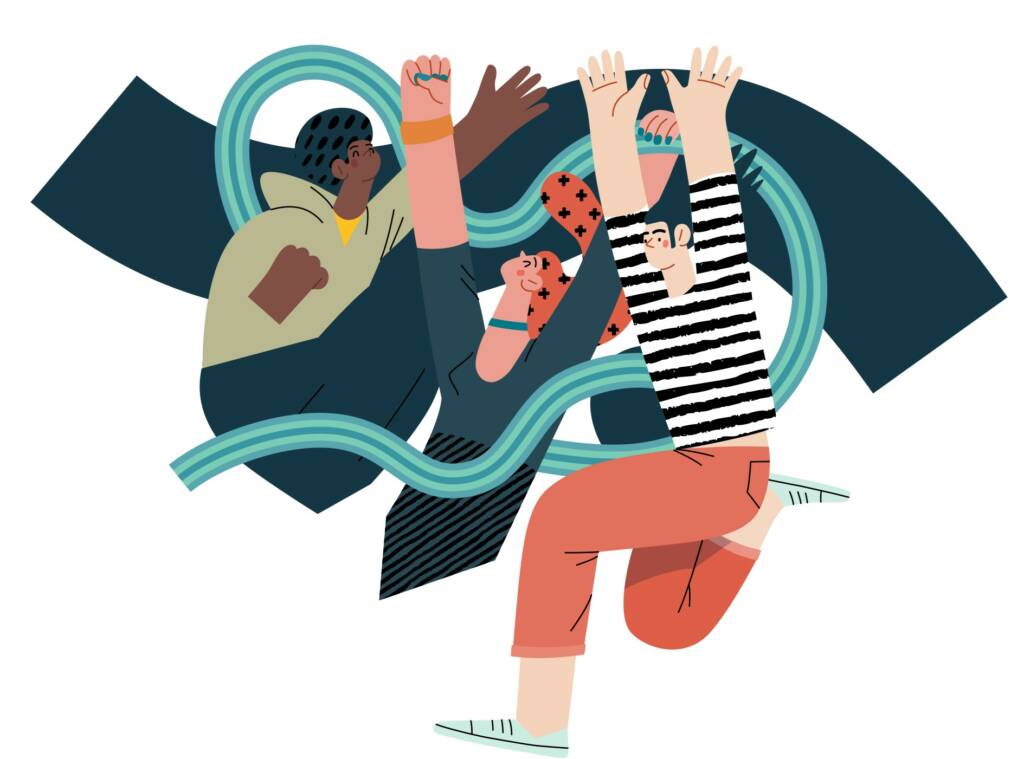
-
- Creative Arts Therapist (MA or higher level):
- These therapists usually possess a Master’s degree or higher in fields like Dance Movement Therapy, Music Therapy, Drama Therapy, or Poetry Therapy.
- Like other therapists mentioned, they undergo supervision and obtain licensure or certification.
- Creative arts therapists specialise in utilizing specific art forms within a therapeutic context.
- Art-based Life Coach / Facilitator (no standardized requirements):
- Individuals offering services in this category might not necessarily have formal education or extensive training in art therapy or counselling.
- They could offer workshops, group activities, or coaching sessions centred around creativity and self-expression but do not provide therapy.
- Creative Arts Therapist (MA or higher level):
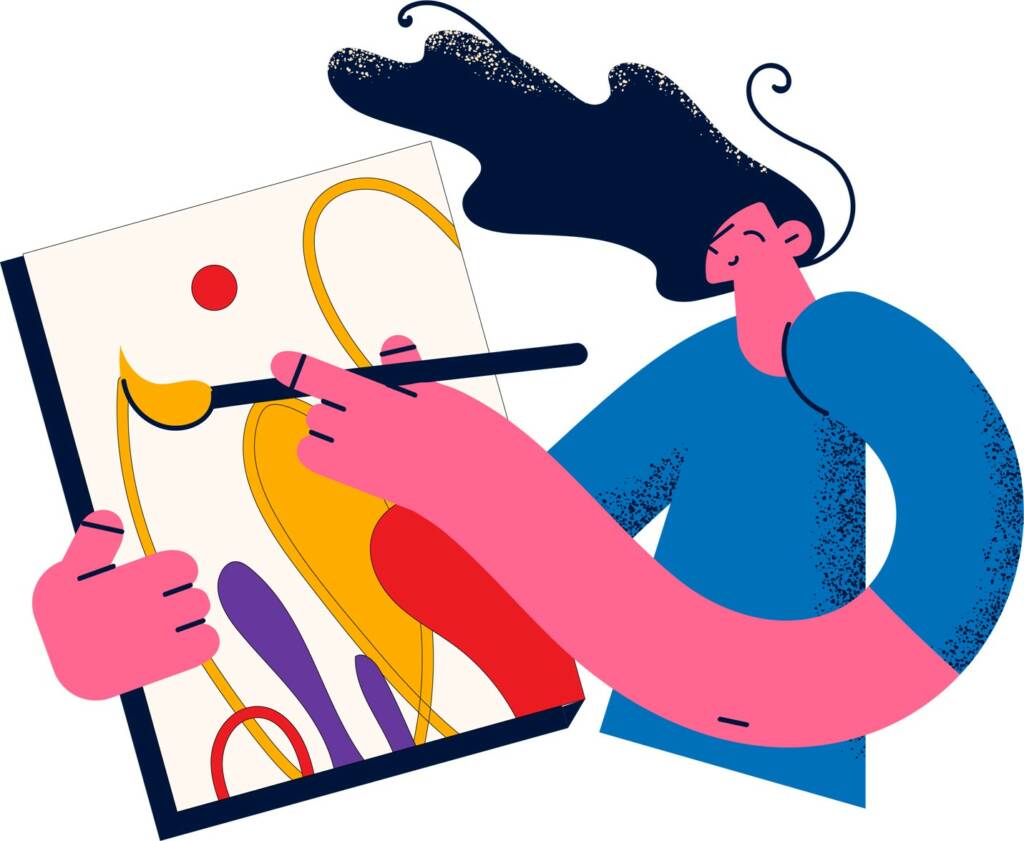
-
-
- Non-professional “Expressive” or “Creative Art Practitioner”:
- People who engage in leading others in creating artwork without any formal therapeutic or educational background.
- They might organize community events, classes, or social gatherings focused on art-making for enjoyment and stress relief rather than therapeutic purposes.
- Non-professional “Expressive” or “Creative Art Practitioner”:
-
When seeking support, consider your goals and needs carefully before choosing a provider. If you require professional assistance for mental health concerns, working with a licensed art therapist, expressive arts therapist, or creative arts therapist would be most appropriate. However, if you’re looking for recreational or leisurely art experiences, non-therapeutic facilitators can also play a valuable role in promoting wellbeing and fostering connections with others.
Contact us at hello@daylightct.sg or via our website www.daylightct.sg if you have any questions or queries about getting support or services in making choices for yourself or your loved ones.
Each month we aim to bring you 2 posts that we hope will help you navigate through the challenges of life with humility, humour and compassion for yourself and those around you. While we aim to inform and provide information, these posts are not meant to be prescriptive nor a stand-in for therapy. If you are struggling or are in need of support, please contact us directly, or your therapeutic provider or reach out to any of the following resources.
Tag us in your socials @daylight_creative_therapies or get in touch with us on our website.
Remember, with any practice, take one small step at a time, be gentle with yourself and practice regularly.
